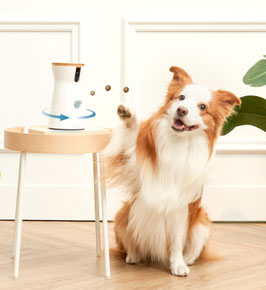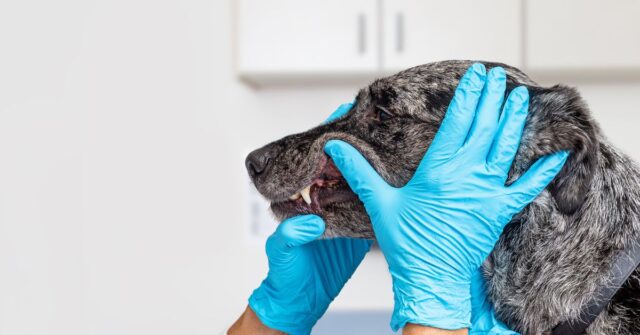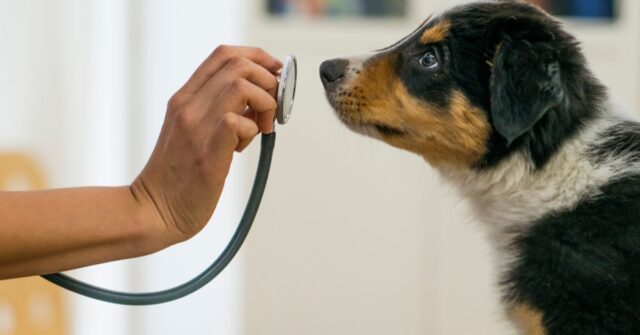Anxiety in dogs can be as complex and distressing as it is in humans, affecting their well-being and behaviour.
Understanding, recognizing, and managing these signs can significantly improve the quality of life for both pets and their owners.
This guide aims to provide a thorough understanding of canine anxiety, equipped with strategies for effective management and real-life examples.
Understanding Canine Anxiety
Just like people, dogs experience anxiety, which can manifest in various ways and stem from different causes.
Anxiety is often a normal reaction to perceived threats but can become problematic when it disrupts daily functioning.
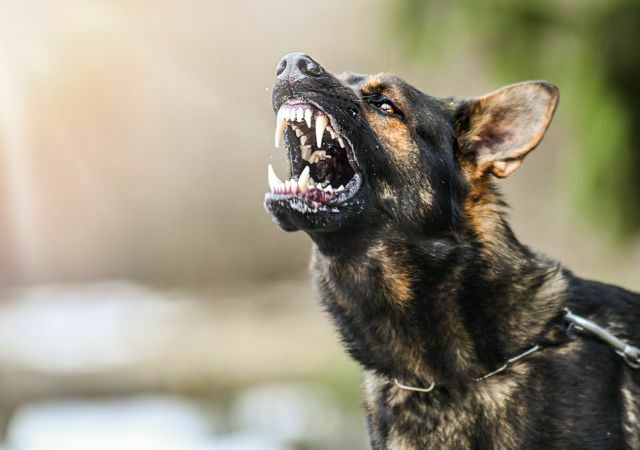
What Is Anxiety in Dogs?
Anxiety in dogs refers to a state of distress or unease often triggered by various stimuli such as separation from owners, loud noises, or unfamiliar environments.
While some anxiety is normal, excessive anxiety can lead to behavioural and health issues that need addressing.
Common Causes of Anxiety in Dogs
The most prevalent causes of anxiety in dogs include fear-related issues from past traumas, separation anxiety, and age-related cognitive decline.
Each cause affects dogs differently, requiring tailored approaches for management.
The Impact of Anxiety on Your Dog’s Health and Behavior
Chronic anxiety can lead to numerous behavioural issues such as aggression, destruction, and incessant barking.
Health-wise, it can cause physical symptoms like diarrhea, pacing, and excessive panting, which can diminish a dog’s quality of life.
Identifying Signs of Anxiety in Your Dog
Recognizing the signs of anxiety is the first step in helping your dog. Symptoms can vary widely but typically include changes in behaviour and body language.
Physical Symptoms of Anxiety
Physical indicators of anxiety may include trembling, panting, drooling, and changes in pupil size. Dogs might also display changes in bodily functions, such as increased heart rate and rapid breathing.
Behavioural Changes Indicating Anxiety
Anxiety can make dogs behave unexpectedly. Watch for signs like excessive barking, destructive behaviour, and attempts to escape.
These behaviours are often a dog’s attempt to cope with overwhelming feelings of distress.

Understanding Anxiety Triggers in Dogs
Different dogs have different triggers. Common triggers include thunderstorms, fireworks, vet visits, and being alone. Identifying your dog’s specific triggers is crucial for effective management.
Professional Insights: When to Seek Help
While some anxiety can be managed at home, professional help may be necessary, especially if the anxiety is severe or persistent.
The Role of Veterinarians in Managing Canine Anxiety
Veterinarians can offer valuable insights into the physiological aspects of anxiety, recommend medications, and suggest appropriate behavioural therapies.
Behavioral Specialists and How They Can Help
Behavioural specialists focus on the psychological aspects of anxiety, offering strategies that target the underlying behavioural issues.
They work on desensitization and counterconditioning, which are often successful in reducing anxiety symptoms.
Preventative Measures and Routine Check-Ups
Regular veterinary check-ups can help catch signs of anxiety early before they become more serious.
Preventative measures can include structured socialization periods during puppyhood and maintaining a stable home environment.

Effective Management Strategies for Dog Anxiety
Management strategies for dog anxiety are diverse, ranging from training techniques to creating a supportive environment at home.
Training Techniques to Alleviate Anxiety
Training that focuses on building confidence and providing stability can help manage anxiety. Techniques such as obedience training, agility, and socialization exercises are beneficial.
Creating a Calming Environment at Home
A calm home environment can significantly reduce anxiety. This may include dedicated quiet spaces, the use of soothing music, and the strategic placement of comfort items like toys and bedding.
Nutrition and Its Impact on Anxiety
What your dog eats can influence their anxiety levels. Diets formulated for mental health support can provide the nutrients needed to help manage stress and anxiety.
Advanced Care Options
For dogs with severe anxiety, advanced care options may be necessary. These include pharmacological interventions and alternative therapies.
Medications: When and How They Help
Prescribed medications can be effective in managing severe anxiety. Common medications include SSRIs and benzodiazepines, which should be given under strict veterinary supervision.
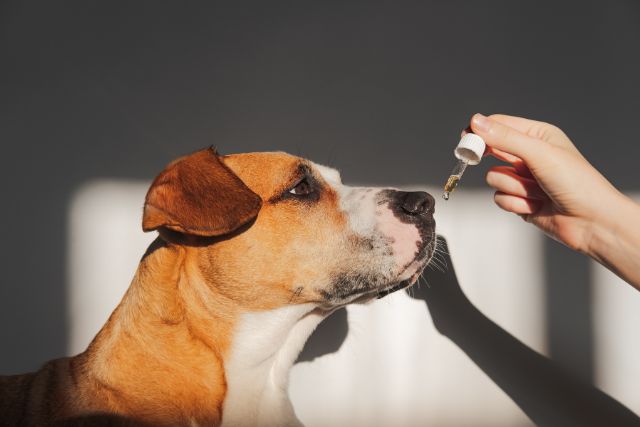
Natural Remedies and Their Efficacy
Natural remedies can include herbal supplements, pheromone diffusers, and anxiety wraps. While these methods can be effective, they should be used in conjunction with advice from a professional.
Alternative Therapies: Pheromones, Acupuncture, and More
Acupuncture and massage therapy are gaining popularity as alternative therapies for managing anxiety in dogs. These methods work by promoting relaxation and reducing stress.
Maintaining a Healthy Lifestyle for Anxious Dogs
A holistic approach to managing anxiety in dogs includes regular exercise, a proper diet, and a stable routine.
The Importance of Routine and Exercise
Consistent daily routines and regular exercise help mitigate anxiety by providing a predictable environment and allowing dogs to expend excess energy.
Socialization Tips to Prevent Anxiety
Socializing your dog from an early age can prevent anxiety by exposing them to various situations and environments, which helps them become more adaptable and less fearful.
Interactive Toys and Activities to Reduce Stress
Engaging your dog with interactive toys and regular playtime can distract them from stressors and prevent boredom, which can contribute to anxiety.
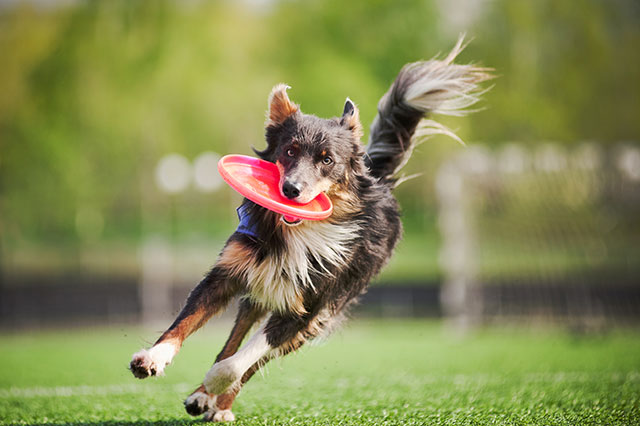
Community Support and Resources
Finding support from fellow dog owners can provide comfort and practical advice for managing canine anxiety.
Online Forums and Local Groups
Participating in online forums and local pet groups can offer insights and support from others who have similar experiences with anxious dogs.
Workshops and Training Sessions Available in Australia
Look for local workshops and training sessions that focus on anxiety management and dog behaviour modification. These can be great resources for learning hands-on techniques from experts.
FAQs About Dog Anxiety
Addressing frequently asked questions can clarify common concerns and provide additional insights into anxiety management.
How to Differentiate Between Normal and Harmful Levels of Anxiety
It’s crucial to recognize when anxiety is a normal part of a dog’s reaction versus when it becomes harmful to their well-being, necessitating professional intervention.
Signs That Your Dog’s Anxiety Is Improving
Improvements in anxiety can be seen in more relaxed behaviour, reduced signs of distress, and a more engaged and happy demeanour.
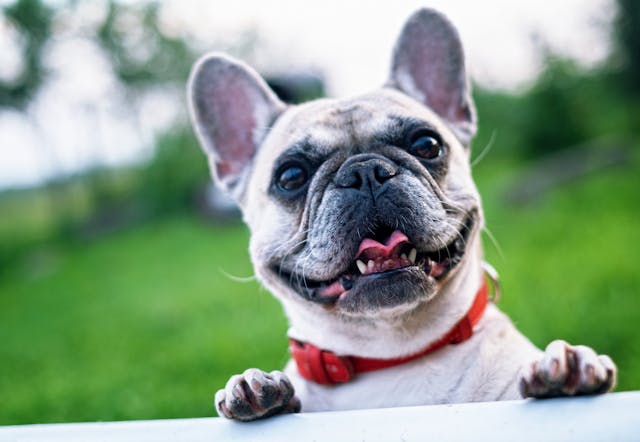
Tips for New Dog Owners Facing Anxiety Issues
For new dog owners, understanding anxiety and its management can be overwhelming.
Simple steps like establishing a routine, gradual socialization, and seeking professional advice can make a significant difference.






